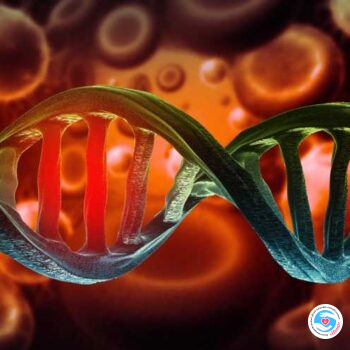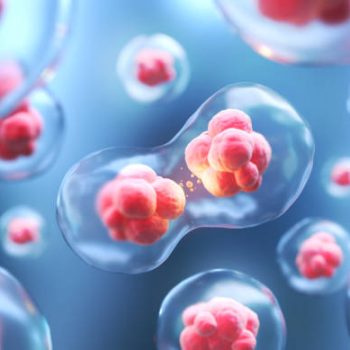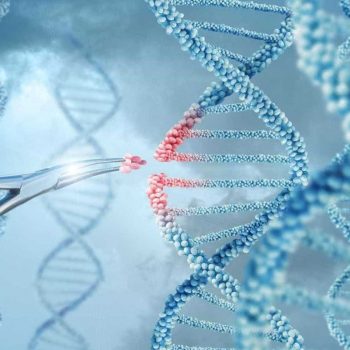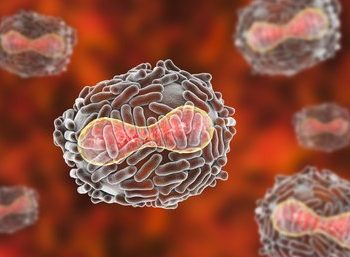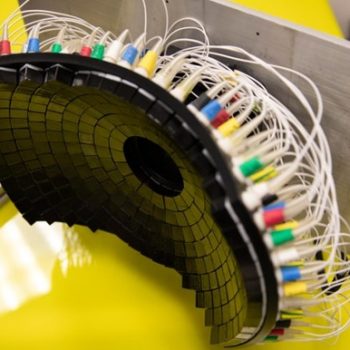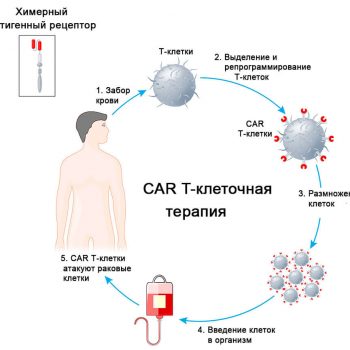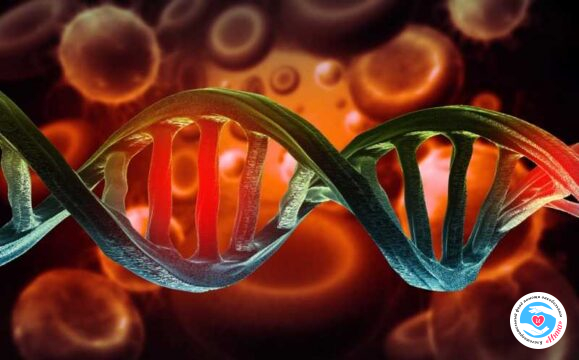
A new study by scientists from the Van Andel Institute (USA) actually predicts the development of cancer before a person is born – in the womb. After this discovery, the notion that cancer is caused by genetic mutations that accumulate with age may be in doubt.
The results of the study were published most recently in the pages of the journal Nature Cancer. The staff of the Foundation “Inna” studied the main thing in the article.
American scientists studied mice with a modified version of the TRIM28 gene for 70 weeks, which roughly corresponds to following a human from childhood to middle age. TRIM28 was found to contain a set of switches that can turn the gene itself on or off without changing it. Such switches are called epigenome (a set of molecular tags that regulate gene activity but do not change the primary structure of the DNA). So, the switches help control the way the DNA works. But when the switches don’t work properly, health problems, particularly cancer problems, can occur. Even more interesting, it turned out that the switches could even affect the types of cancer that developed. In some cases there was a greater chance of developing blood cancers such as leukemia, while in others there was a greater chance of developing tumors such as lung or prostate. By studying such processes in the DNA of very young mice, the researchers were able to predict to which cancer risk group they would belong. Crucially, the changes were found in tissue samples taken from mice that were only 10 days old, that is, long before any visible signs of the disease appeared! Consequently, the risk of developing cancer was embedded in the fetuses of the mice, before they were born! And this suggests that cancer disease can be predicted from the birth of a person, and, therefore, to take the necessary measures to prevent it!
Yes, scientists believe that this discovery could change the way we think about cancer prevention. Instead of focusing only on lifestyle factors such as nutrition or physical activity, or genetic risk factors that we inherit from our parents, experts can now look for the potential to influence cancer risk as early as the baby’s womb!

